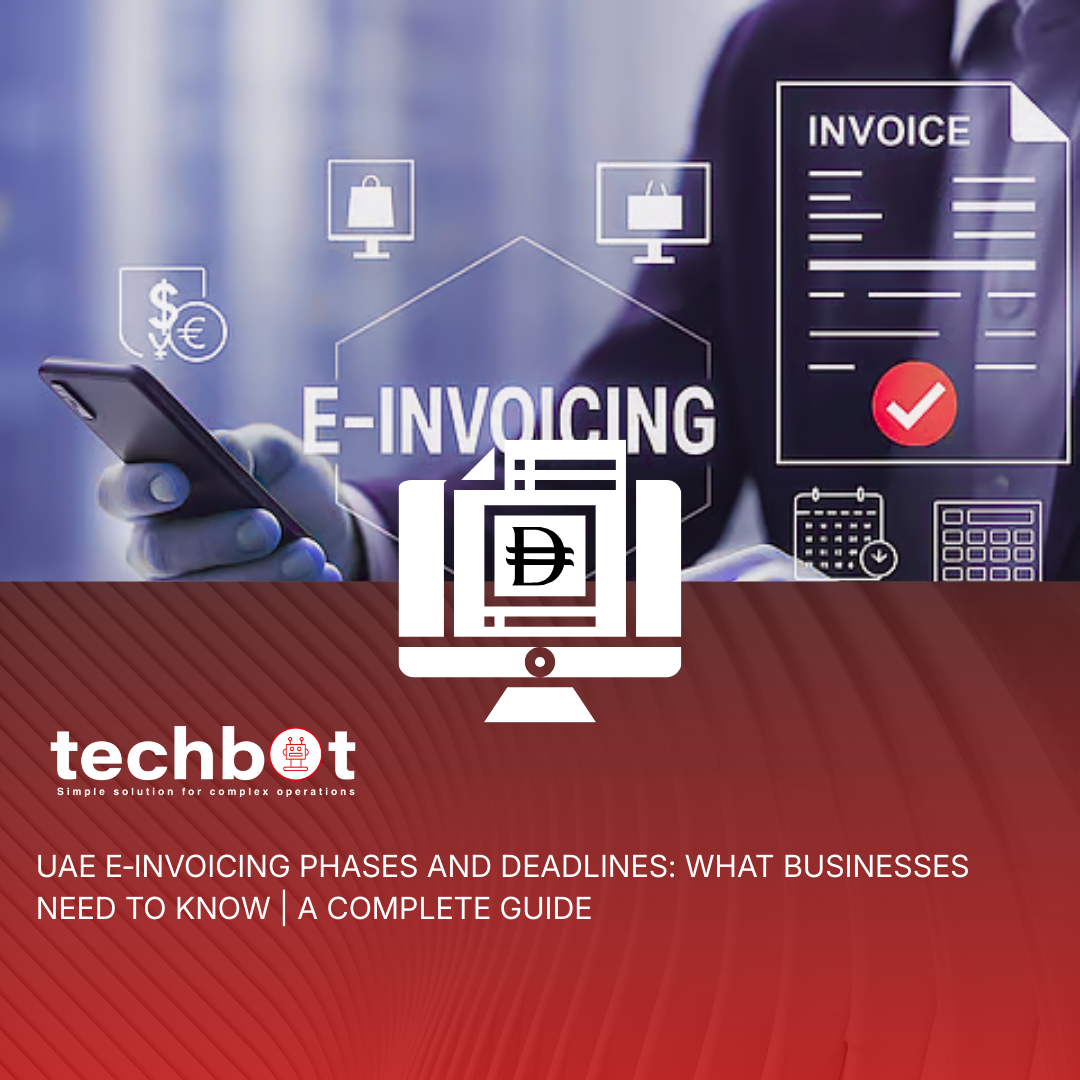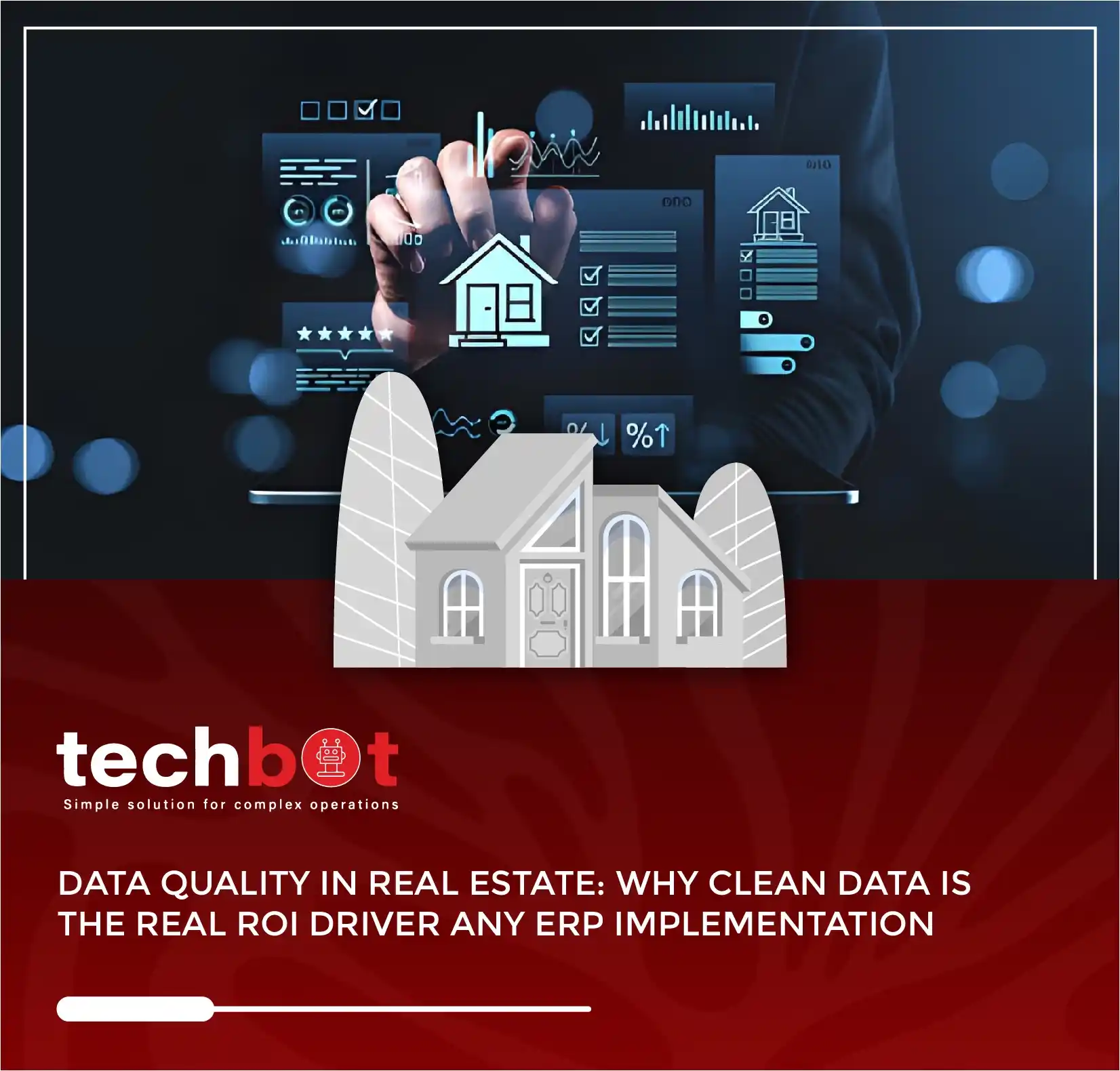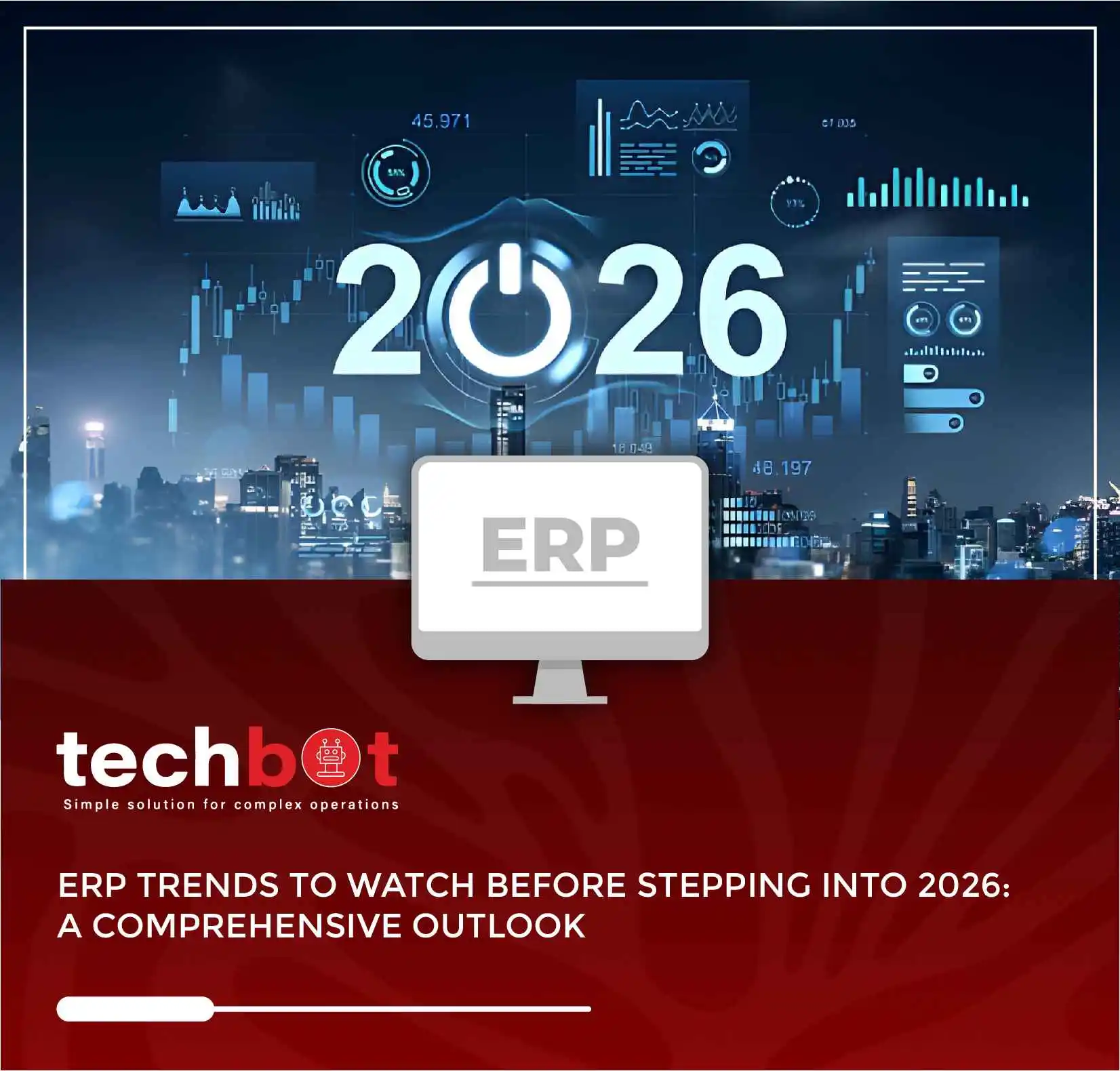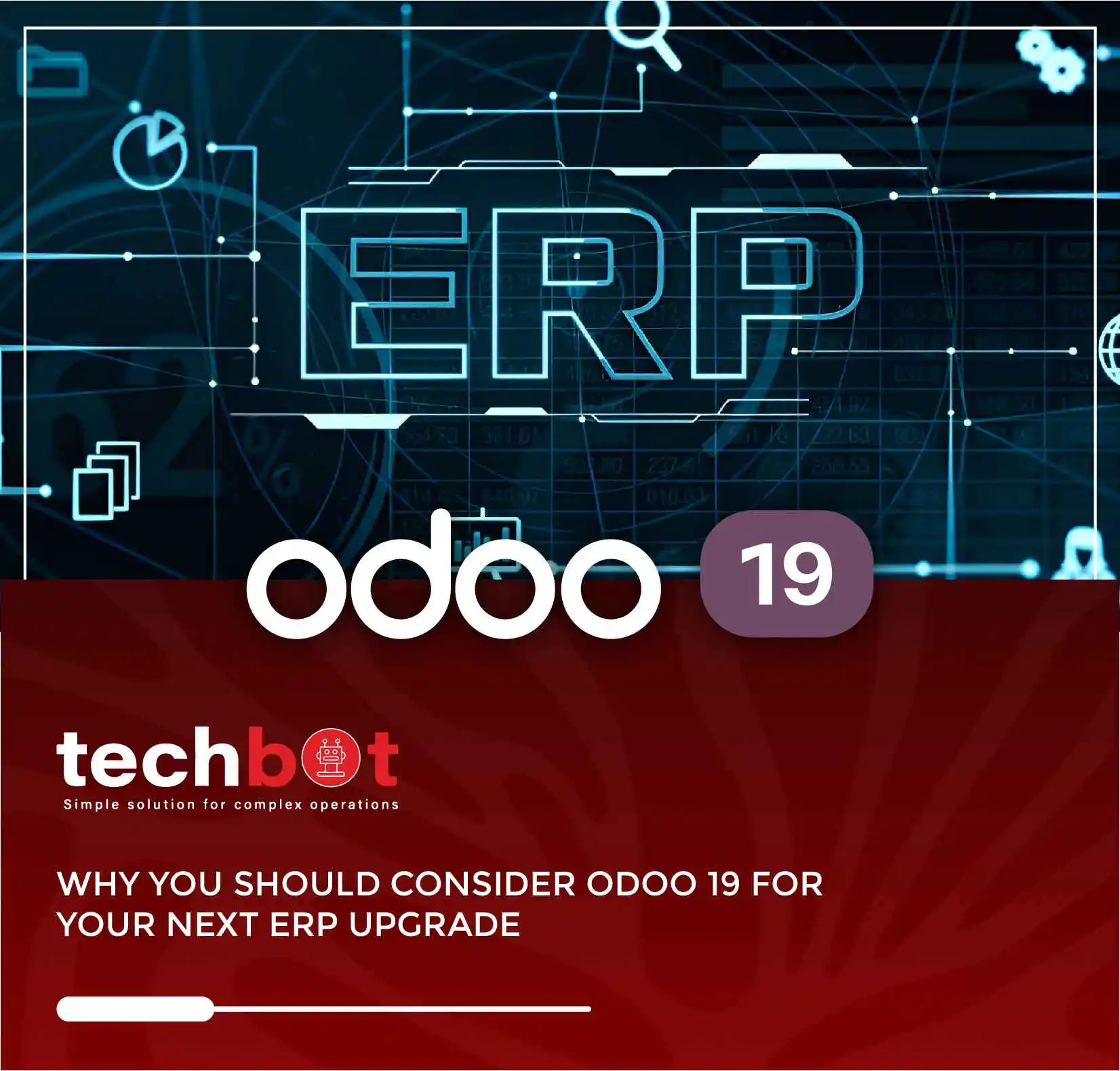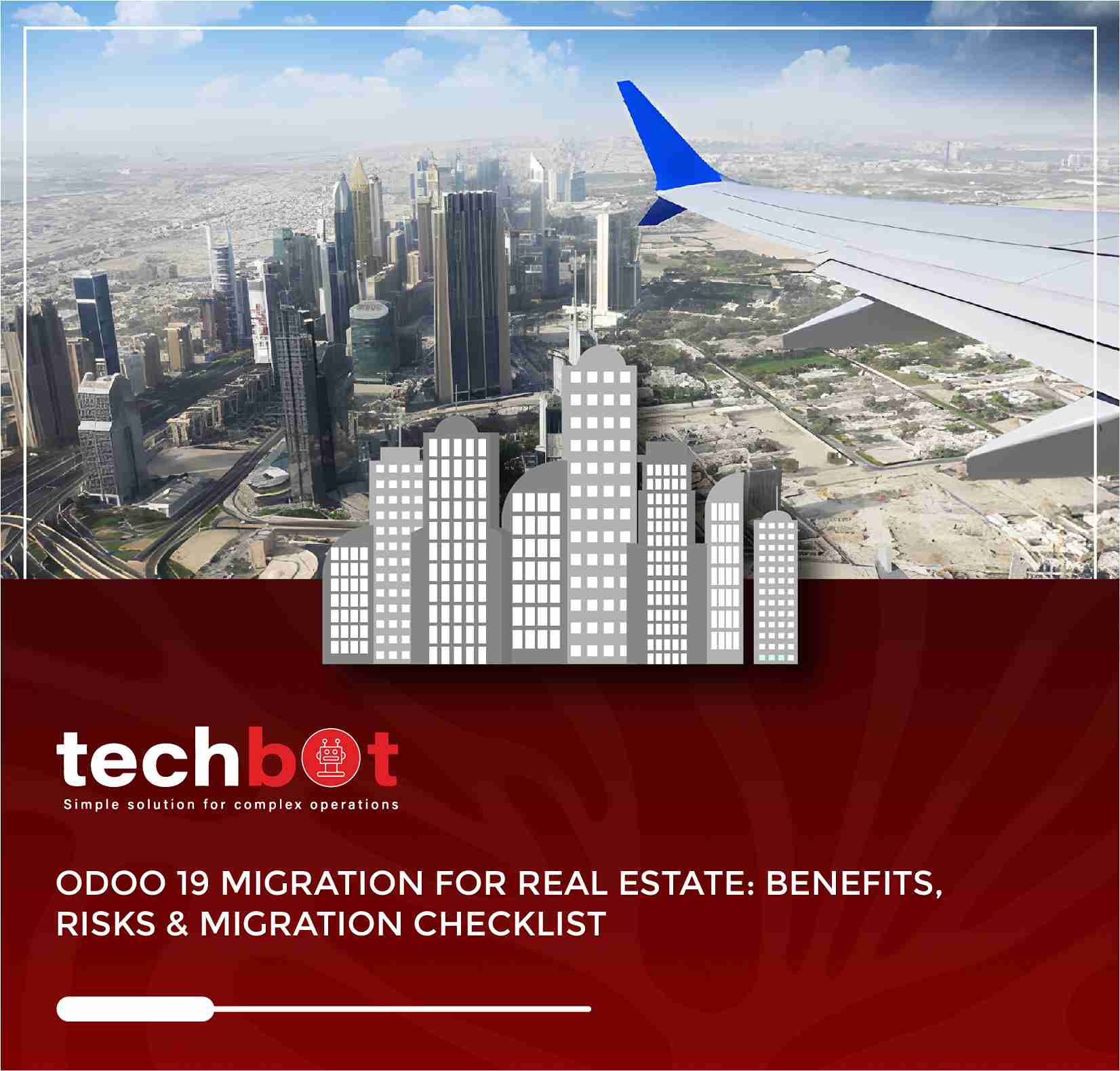What UAE Real Estate Developers Should Know About ERP Localization
What UAE Real Estate Developers Should Know About ERP Localization
Moossa M. Alavi
Moossa M. Alavi is the Founder & CEO of Techbot ERP and Altamyz Advertising. He is a certified Odoo consultant with more than 27 years of experience in business, advertising, and ERP software. Moossa started his career in the UAE in 1997 with a well-known group in Abu Dhabi. Over the years, he built his own companies to help other businesses work better using technology. Moossa helps with customized ERP implementation for various industries, including manufacturing, insurance, supercar rental, and logistics, through Techbot ERP. He resolves these issues with Odoo ERP and supports businesses in growing with the right assets and guidance. Moossa has received many awards for his work, including the Arabian Best of Best Award and the Industry Leader Award from BNI UAE. He is also a BNI Ambassador and mentors other business owners. He believes in giving back to the community and helping others grow, following the “Givers Gain” principle.
Share this post
Latest Post
Recent Posts
- How our ERP solution simplifies multi property management
- UAE E‑Invoicing Phases and Deadlines: What Businesses Need to Know | A Complete Guide
- Odoo Pricing Guide for the UAE 2026 | Key Factors to Consider Before Your Implementation
- Why Clean Data Drives The Highest ROI In Real Estate ERP Projects
- ERP Trends To Watch Before Stepping Into 2026: A Comprehensive Outlook
- Importance Of ERP For Growth And Compliance In Real Estate
- Why You Should Consider Odoo 19 For Your Next ERP Upgrade
- Odoo 19 Migration For Real Estate: Benefits, Risks & Migration Checklist
- How AI Agents In Odoo 19 Are Revolutionizing Business Support
- Top 7 Odoo 19 AI Features Transforming Business Workflows
Struggling to keep track of milestone payments, off-plan sales, and ever-changing compliance requirements in UAE real estate? You are not the only one facing this operational headache.
For developers managing project timelines, investor relations, and RERA guidelines, traditional ERP systems often fall short. They aren’t designed to handle region-specific workflows like Arabic invoicing, VAT reporting, or payment schedules based on construction progress.
That’s why ERP localization isn’t just a nice-to-have—it’s a necessity for real estate businesses in the UAE.
In this blog, we will explore what ERP localization really means for the real estate sector, the common pitfalls of using non-localized systems, and the key features developers should look for when adopting an ERP customized for the UAE market.
What Should You Know About Localizing ERP in the UAE?
When people talk about ERP localization, they are referring to adapting an ERP system to meet the specific legal, financial, and cultural requirements of a particular country or region. It’s not just translating the software into Arabic or switching the currency to AED (though that’s part of it). It’s about aligning your system with how business actually works locally.
Now, here’s where many get confused: localization isn’t the same as customization.
- Localization means pre-built adjustments made to match country-specific rules—think UAE VAT regulations, Arabic invoice formatting, TRN validations, or FTA-compliant financial reports.
- Customization, on the other hand, is about making the ERP match your internal processes, like creating a custom workflow for off-plan unit sales.
A localized ERP comes with built-in support for:
- UAE tax laws and invoicing formats
- Bilingual (English & Arabic) interfaces
- Compliance with local authorities like RERA and the FTA
- Date formats, currency symbols, and more
Localization makes sure your ERP doesn’t just work technically, it works legally and culturally in the UAE.
Why Localization Matters So Much for UAE Real Estate ERP
If you are a developer in the UAE, you are operating in one of the fastest-paced and highly regulated real estate markets in the region. From sales agreements to government reporting, everything needs to follow strict local requirements.
That’s why a generic ERP system often falls short.
You need a solution that’s built with the UAE in mind. One that understands how your sales cycle works, how payments are structured, and what authorities expect during audits.
This includes:
- Milestone-based payment plans like 10 percent on booking and 20 percent on foundation completion
- Proper VAT filing and tracking that meets FTA standards
- Escrow account workflows that match local regulations
- Built-in fields and reports aligned with RERA guidelines
Localization isn’t just about language or currency. For real estate developers, it’s the difference between staying compliant or facing costly penalties.
Beyond Compliance: The Real ROI of ERP Localization
When developers hear “ERP localization,” most think about tax compliance. But it’s much more than that. A well-localized ERP not only keeps you aligned with UAE laws, it directly impacts your bottom line, improves efficiency, and enhances how stakeholders interact with your business.
Most developers see ERP localization as a checkbox for compliance. But in reality, it’s a revenue driver. When your ERP speaks the same language as UAE regulators, banks, and customers, everything just flows better.
- Investor Trust: When your financials align with UAE reporting standards, investors feel more confident. It signals maturity, transparency, and control.
- Operational Efficiency: No more struggling with VAT logic or payment flows. Localization means your system understands local rules, reducing manual errors and double work.
- Faster Go-to-Market: Localized ERPs let you automate milestone-based invoicing, so you can start collecting payments sooner.
- Improved Customer Experience: Buyers stay in the loop with automated updates tied to project stages, handovers, and paperwork, all localized.
- Bank & Escrow Integrations: Built-in support for IBAN validations, escrow flows, and local bank integration means fewer surprises and more secure transactions.
Thinking about upgrading how you manage sales, projects, and finances? Let’s make it easy with our custom Odoo Real Estate ERP solution

What Localization Features Should Developers Expect in an ERP?
What makes an ERP system ready for the UAE real estate market? It’s not just about software capabilities—it’s about how well it understands local workflows, regulations, and client expectations. Before choosing a solution, make sure it checks these boxes.
Planning to implement an ERP? Generic tools won’t cut it. Real estate in the UAE needs features that are purpose-built for local tax laws, escrow flows, and multilingual compliance.
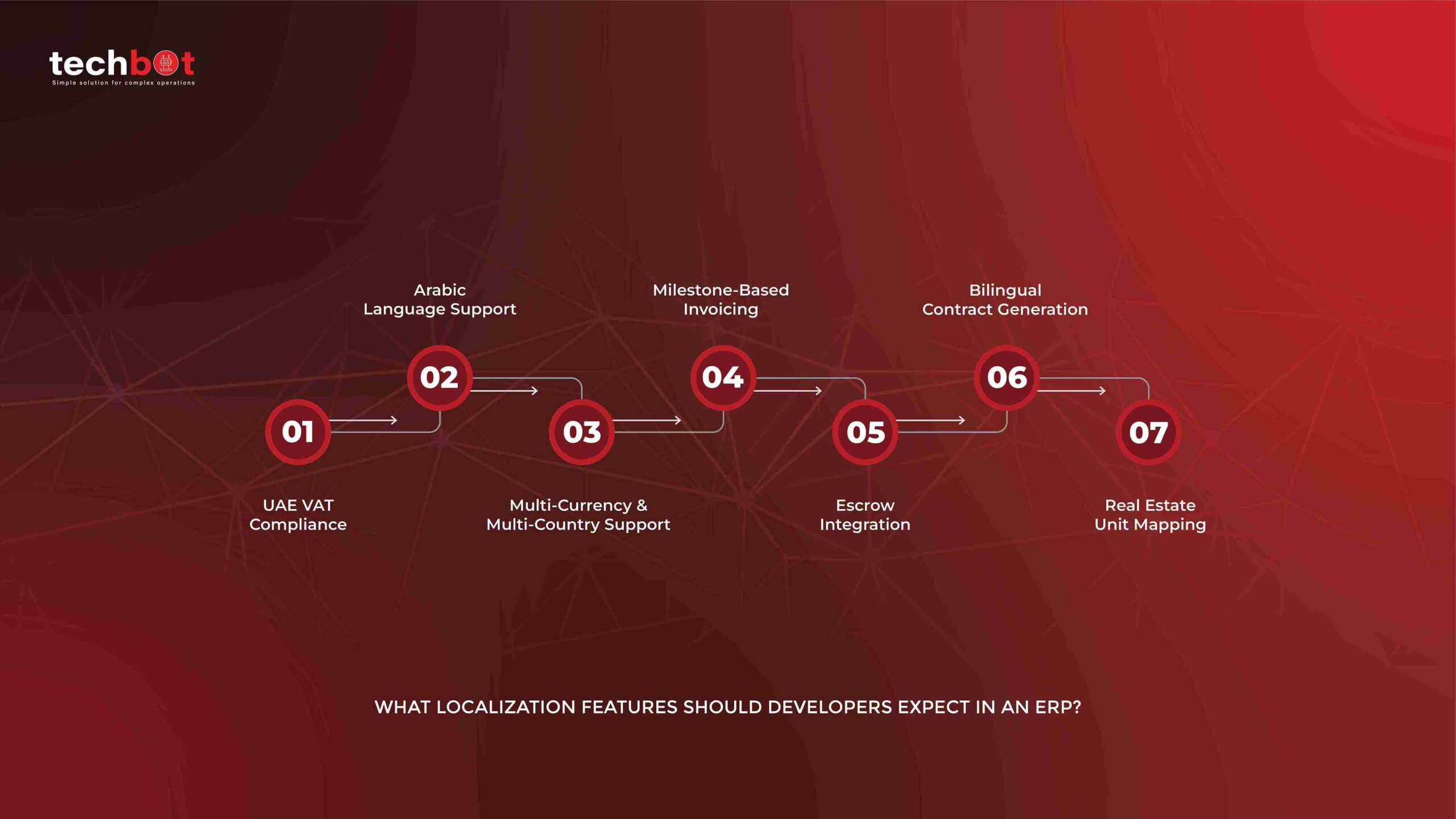
- UAE VAT Compliance: Create VAT invoices, check TRNs, apply FATOORAH format, and file tax returns easily within your ERP system.
- Arabic Language Support: Dual-language documents for clients and authorities.
- Multi-Currency & Multi-Country Support: Essential if you’re dealing with foreign investors or expanding regionally.
- Milestone-Based Invoicing: Automatically trigger invoices based on construction stages.
- Escrow Integration: Ensure payment flows match regulatory escrow requirements.
- Bilingual Contract Generation: Generate compliant contracts in both Arabic and English.
- Real Estate Unit Mapping: Visual tools to manage units, floors, buildings, and their availability status.
These aren’t just nice-to-haves; they are the building blocks of a successful, scalable real estate ERP in the UAE.
What Happens If You Don’t Localize Your ERP?
Ever wondered what skipping ERP localization might cost you? Beyond just inefficiencies, the risks could hit your wallet and your reputation. Here’s what businesses face when using a non-localized ERP in the UAE market.
Skipping localization might seem cost-effective upfront, but it’s risky in the long run.
- Regulatory Fines: Missed tax filings or incorrect formats can lead to serious penalties.
- More Manual Work: Without automation for local rules, your team wastes time on workarounds.
- Inaccurate Financials: Reporting that doesn’t follow UAE standards can cause misalignment with investors and auditors.
- Stakeholder Frustration: Whether it’s clients, contractors, or banks, mismatched documentation causes delays and distrust.
- Stunted Growth: If your ERP isn’t built for GCC expansion, you’ll hit roadblocks entering new markets.
Localized ERP isn’t an option—it’s a necessity.
How Techbot Helps UAE Developers Localize ERP with Odoo
Looking for a partner who truly understands real estate ERP in the UAE? Techbot brings both technical expertise and regional insight to every project. Our solutions are built on years of hands-on experience and fine-tuned to the unique challenges UAE developers face.
Techbot doesn’t just implement ERP—we bring industry expertise to the table. Our pre-built real estate suite on Odoo is crafted for the UAE market.
- Pre-Configured Modules: From milestone billing to escrow logic, everything is ready to deploy.
- UAE Law Compliance: Our solutions reflect RERA regulations, FTA tax formats, and local payment flows.
- Domain Experience: We’ve worked with some of the region’s most respected developers, so we understand your pain points.
- Gold Partner Support: As a certified Odoo Gold Partner based in the UAE, we offer in-person workshops, fast support, and local customization.
With Techbot, you are not starting from scratch, we build from a foundation proven to work in the UAE.
Why UAE Developers Need a Localized ERP
Choosing the right ERP system is a strategic move, but choosing one that’s localized is mission-critical. For real estate developers in the UAE, it’s the difference between struggling with regulations and thriving with clarity.
Localization isn’t just a feature, it’s the foundation. For real estate developers operating in the UAE’s fast-moving market means:
- Easier compliance
- Smoother cash flow
- Better stakeholder confidence
- Faster time-to-revenue
If you are serious about scaling your real estate operations in the region, now’s the time to localize.
Let’s show you how.
Want to see what ERP localization can do for your real estate business with Techbot ERP? Let’s talk.

Get the latest tips and updates on ERP software solutions. Subscribe to our newsletter and stay ahead in business!
Latest Post
Recent Posts
- How our ERP solution simplifies multi property management
- UAE E‑Invoicing Phases and Deadlines: What Businesses Need to Know | A Complete Guide
- Odoo Pricing Guide for the UAE 2026 | Key Factors to Consider Before Your Implementation
- Why Clean Data Drives The Highest ROI In Real Estate ERP Projects
- ERP Trends To Watch Before Stepping Into 2026: A Comprehensive Outlook
- Importance Of ERP For Growth And Compliance In Real Estate
- Why You Should Consider Odoo 19 For Your Next ERP Upgrade
- Odoo 19 Migration For Real Estate: Benefits, Risks & Migration Checklist
- How AI Agents In Odoo 19 Are Revolutionizing Business Support
- Top 7 Odoo 19 AI Features Transforming Business Workflows

